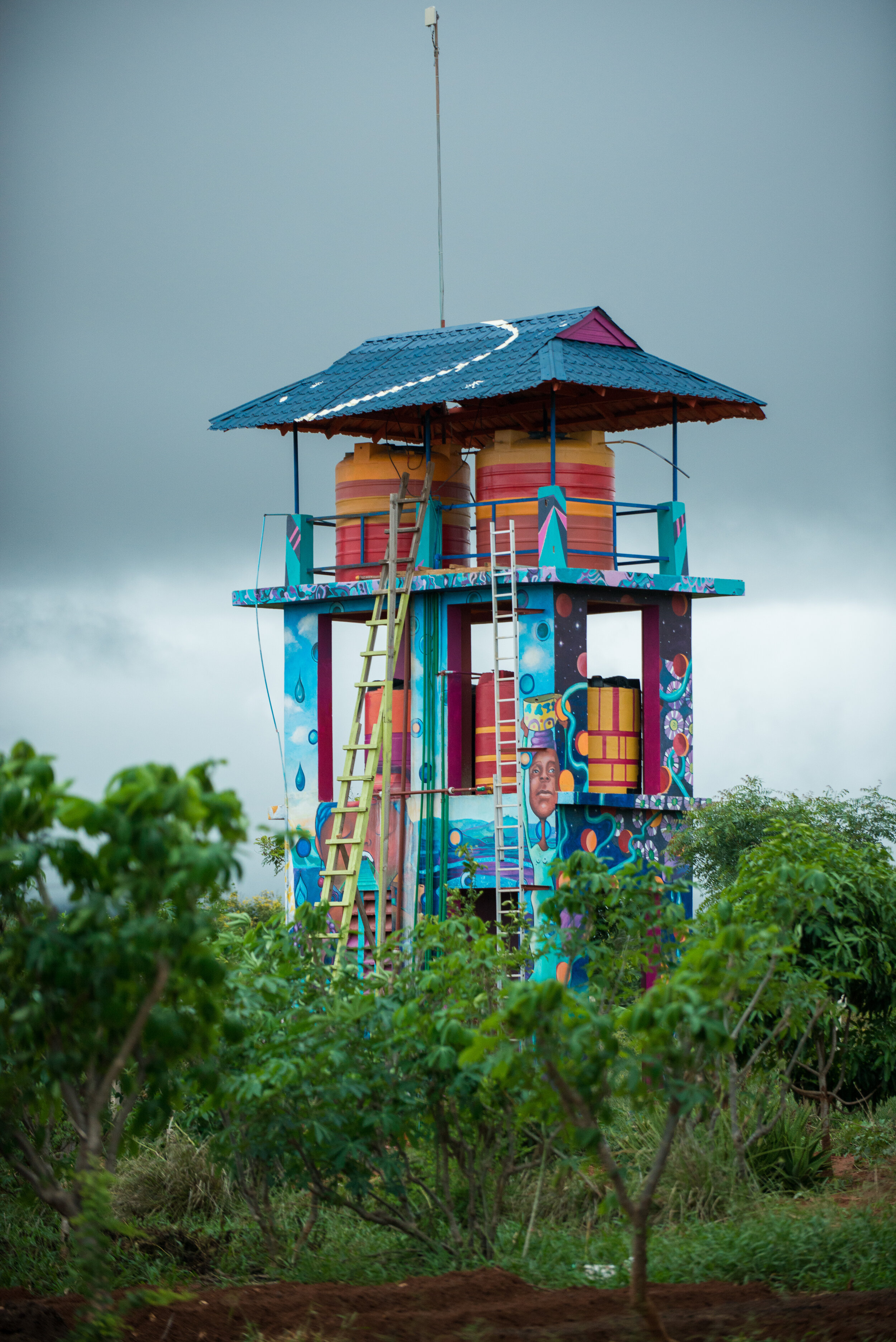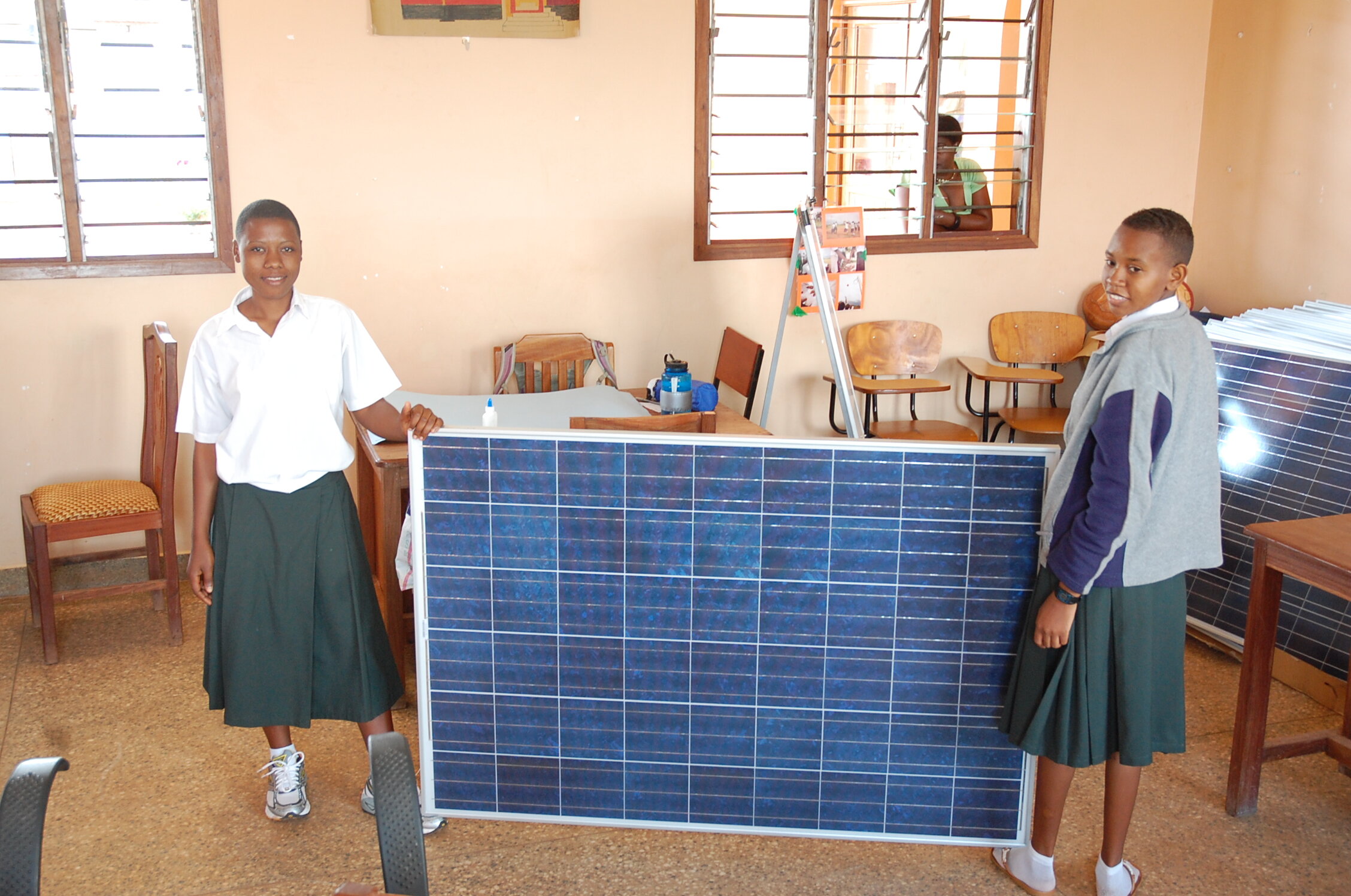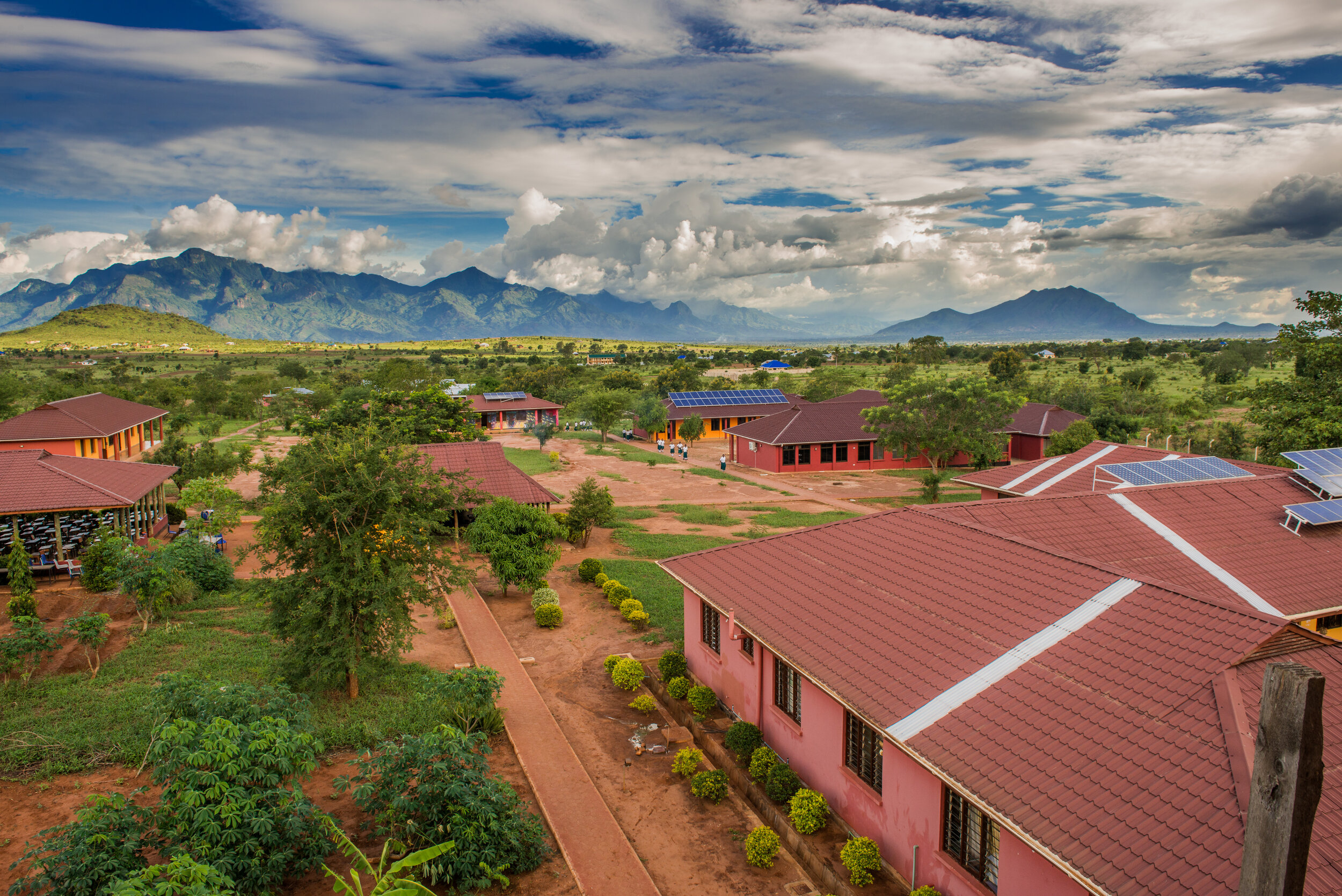Happy International Mother Earth Day!
As we celebrate International Mother Earth Day, adopted by the UN in 2009, we wanted to call attention to how climate change adversely and disproportionately impacts women and girls, and to elevate that women are also critical drivers of climate solutions and positive change (United Nations Framework Convention on Climate Change). Educating girls is ranked as an effective climate solution, more effective than electric cars, various types of solar, offshore wind, wave and tidal power according to Resilience.org and Drawdown.org.
At SEGA, students are receiving a strong education and are coming into their power as leaders. In fact, today at 12pm EST, three SEGA students alongside other speakers from WISE Zambia and Jou Novo in Haiti are part of an online discussion exploring the intersection between environmental sustainability and female education with Circle of Women. The SEGA students will talk about SEGA's sustainable campus. The SEGA school serves as an example for the sustainable practices that can help increase the resiliency of the school and students to climatic changes and changing seasonal weather patterns. For example, SEGA is run completely on solar power providing a clean and renewable power source that also protects SEGA computers and equipment from local power issues. The school also has a rainwater catchment system and two 75,000-gallon cisterns.
When the SEGA school was in the construction and development phase, the buildings were set up to separate grey and black water. Grey water is the water from showers and sinks and it can be reused. Right now, SEGA is in the process of setting up a grey water system to pipe water from the dorm showers and sinks to the 5,000-liter tank. (There is a special way of separating water from any other solid materials and the water is filtered by ultraviolet light.) From the tank, gravity then carries the water to the garden.
This way of recycling and reusing water has a lot of positive environmental benefits. The rainy season (heaviest from March to May) offers plenty of water that is collected into the water cisterns, but in the dry season (October and November) there are shorter rains and so trucks bring water to campus. With the grey water system, SEGA does not have to have as much water delivered by trucks, reducing emissions on campus and helping to make SEGA more self-sufficient and resilient to climate changes in rainfall patterns and increased temperatures.
The two school gardens provide SEGA with 42% of its food. Form One students are responsible for taking care of the school garden, watering and tending to it every day after class. Students plant short-term harvest crops like white tomatoes, eggplant, tomatoes, spinach, and Chinese cabbage that the school chefs use for school meals and there are fruit trees on campus. The organic garden offers local and nutritious food important for the students’ health and teaches the students about sustainable gardening techniques. Gardens connect us to Mother Earth and teach us how to nurture and care for the land, animals, and people around us. As SEGA co-founder Blastus Mwizarubi says, “The gardening that we are doing at the school is very important in terms of building a spirit of self-reliance among the girls.”
Happy International Mother Earth Day!





